You may look forward to celebrating July Fourth, anticipating a day filled with barbecues, parades, and fireworks. However, your pet may not share your excitement. The loud noises, crowds, and commotion can be overwhelming, and potentially dangerous for pets. To help ensure you know how to keep your furry friend safe and happy this Independence Day, our Palm City Animal Medical Center team responds to your frequently asked questions about July Fourth and pets.
Question: Should I bring my pet to a fireworks show?
Answer: Unlike people, most pets do not enjoy fireworks’ loud booms and bright lights, preferring to stay safe and cozy at home rather than accompany you to watch the show. Many pets suffer from some noise aversion (i.e., a fear of loud sounds), and explosive fireworks can cause a pet to panic, run away, and potentially become lost. Ensure your pet is wearing a collar and current identification in case they run away during the excitement. Microchipping is a great way to keep tabs on your pet, and our veterinary team can easily embed your furry pal’s chip during during their next wellness visit
Q: How can I keep my pet calm during fireworks?
A: While your pet cannot plug their ears to fireworks’ booms, you can limit their exposure and help them cope. To help keep your pet calm, follow these tips:
- Keep your pet inside — Ensure your pet remains inside during the July Fourth fireworks displays, and provide them with a cozy room in a secure area to which they can escape if they feel frightened or overwhelmed.
- Entertain your pet — Distract your pet by providing a food puzzle toy, or by playing a game when the fireworks start.
- Play music for your pet — Muffle the unsettling noises by playing music or leaving the television on for your pet.
- Provide your pet with calming products — Some products have been specifically created to help your pet cope with scary noises. To provide extra comfort and support for a noise-averse pet, try these calming tools:
- ThunderShirt — Similar to a weighted blanket, a ThunderShirt applies constant, gentle pressure to your pet’s body, helping them feel secure, and reducing their anxiety.
- Calming sprays and diffusers — Calming pheromones, added to many sprays and diffusers, can help relieve your pet’s stress.
- Medicate your pet — Noise aversion can affect some pets so strongly that medication is the only way to prevent their reaction. Your veterinarian can help you decide if this option is right for your pet.
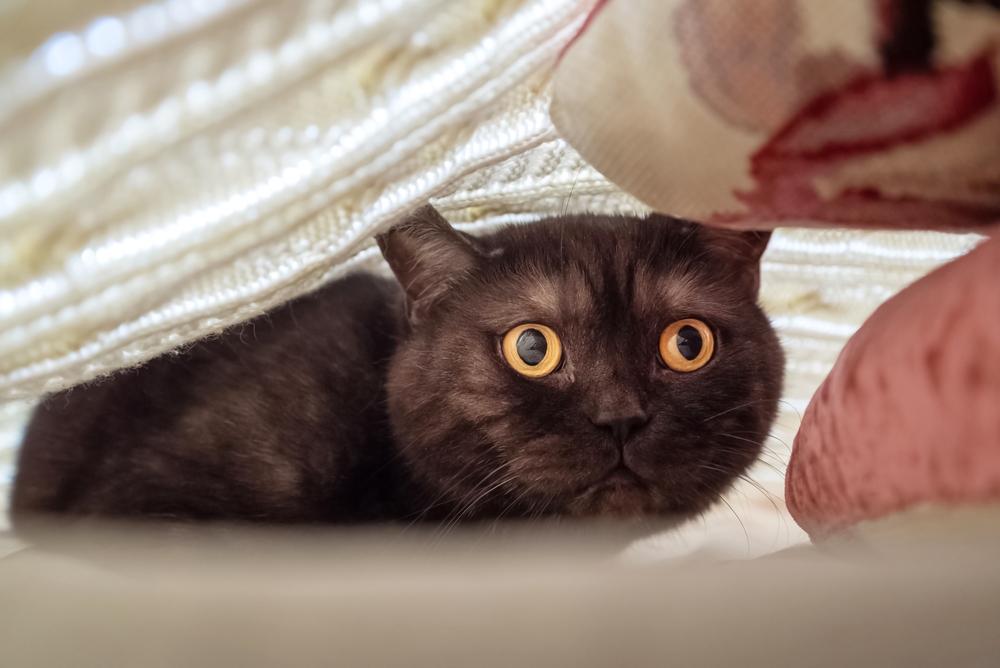
Q: What foods should I avoid giving my pet on July Fourth?
A: Many people celebrate July Fourth with a backyard cookout, and an unsupervised pet can easily sneak a taste of something they shouldn’t. Barbecue foods are typically greasy and fatty, and can cause your pet to experience vomiting or diarrhea. In addition, many popular July Fourth specialties can be toxic to your pet, including:
- Corncobs
- Raw meats and bones
- Alcoholic drinks or desserts
- Raw yeast dough
- Onions
- Raisins
- Grapes
- Sugar-free foods
- Chocolate
To keep your pet from harm, keep an eye on the grill as well as on your plate. If your pet accidentally tips over the grill, they may start a fire or be severely burned. The National Fire Prevention Association advises keeping pets more than three feet away from grills to prevent injuries such as burned paws and singed whiskers. In addition, if your pet ingests grill drippings, they can experience severe gastrointestinal (GI) upset or pancreatitis, which can be a life-threatening condition.
Q: Should I use insect repellent on my pet?
A: Never use insect repellent intended for humans on your pet, and ensure your four-legged friend is a safe distance away when you apply bug spray to yourself or in the yard. Most commercial repellents contain ingredients that are dangerous to pets. Your veterinarian can recommend safe and effective options for your pet’s insect control.
Q: How can I keep my pet cool in the heat?
A: Pets can easily overheat in the hot sun and high humidity, especially when they’re overly excited by party guests and delicious food aromas. Ensure your pet has access to plenty of shade, fresh water, and ventilation, and monitor them closely for heatstroke signs, such as excessive drooling, heavy panting, and lethargy. At the first overheating sign, take your pet indoors and cool them down with a fan or a cool-water bath.
With some planning and vigilance, you and your pet will have a fun-filled and safe July Fourth. To have your pet microchipped or to schedule their precelebration wellness exam, contact our Palm City Animal Medical Center team.

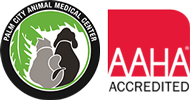
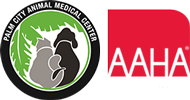
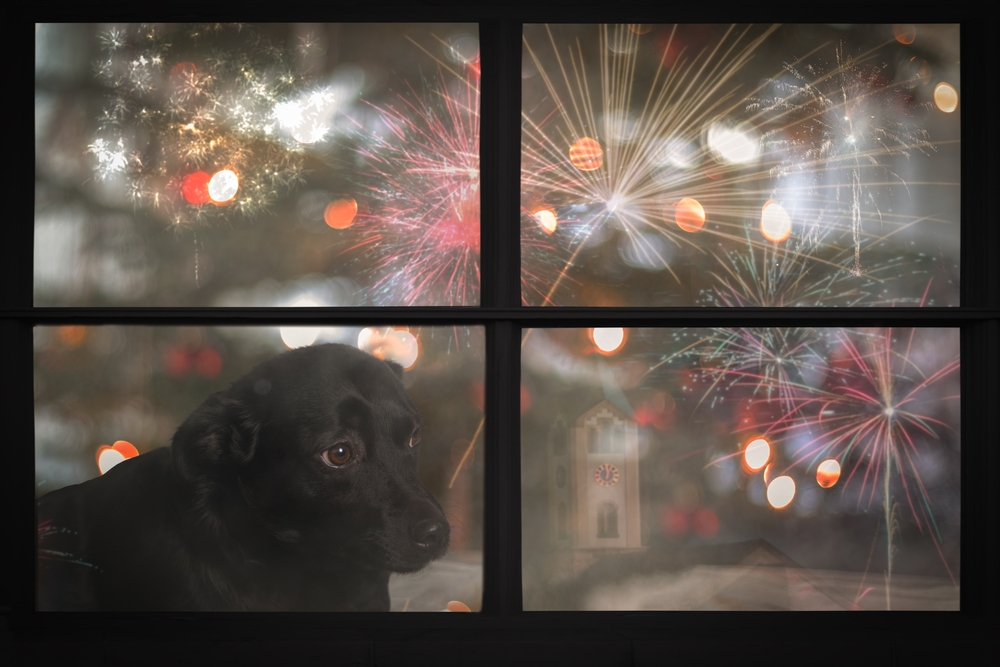
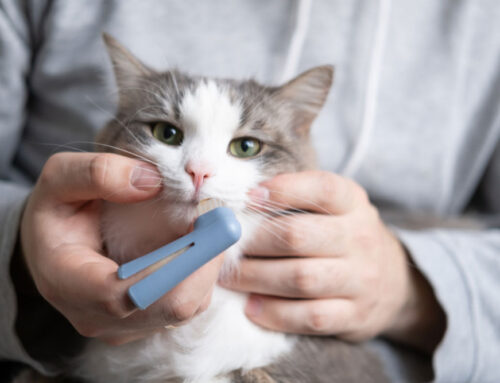


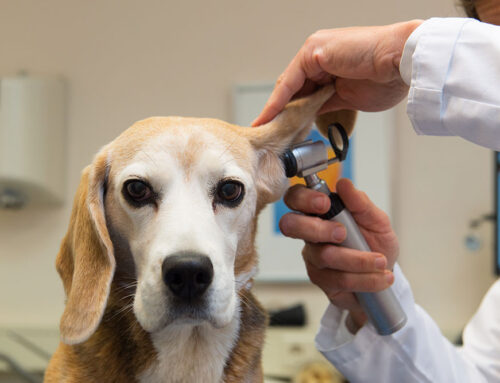
Leave A Comment